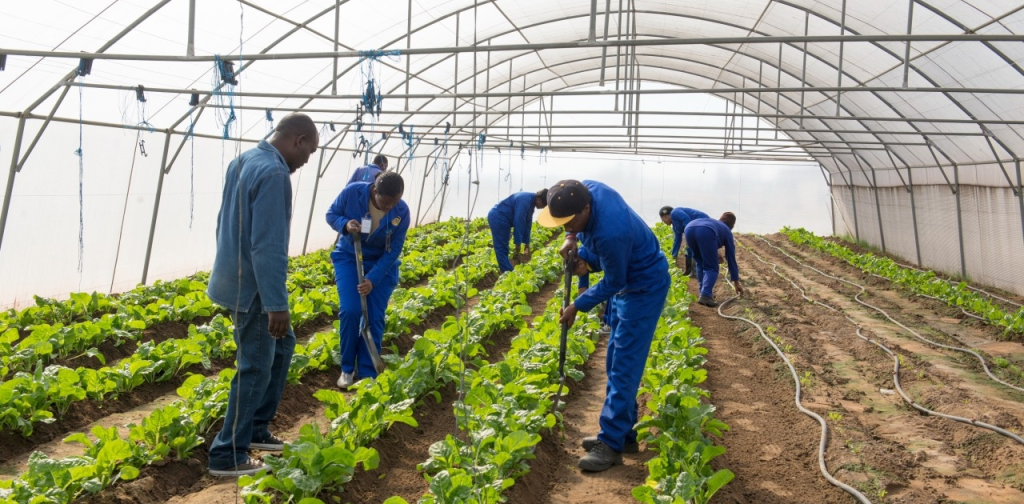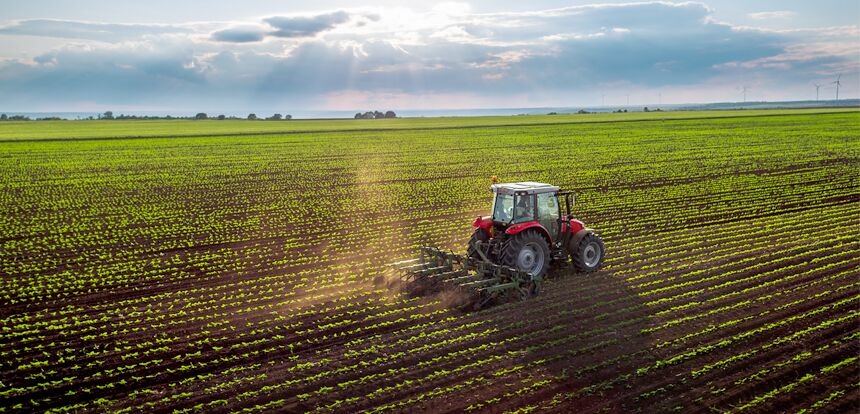How to Cultivate Organic Fruits and Vegetables on Your Farm
Organic farming is a method of farming that emphasizes the use of natural processes and organic materials. It avoids synthetic chemicals and genetically modified organisms. Cultivating organic fruits and vegetables can offer numerous benefits, including healthier produce and a more sustainable farming practice. This guide will provide you with essential tips and strategies for starting and maintaining an organic farm.
1. Understanding Organic Farming Principles
Organic farming revolves around maintaining soil health and biodiversity. Key principles include using organic compost, practicing crop rotation, and avoiding chemical pesticides. Understanding these principles is crucial for successfully cultivating organic produce.
2. Preparing Your Farm
Before planting, assess your farm's soil quality and structure. Organic farming requires healthy soil with good fertility. Test your soil and amend it with organic compost or green manure to enhance its quality.
3. Selecting Organic Seeds and Plants
Choose seeds and plants certified organic by reputable organizations. Organic seeds are grown without synthetic chemicals and are suited for organic farming conditions.
4. Implementing Pest and Disease Management
Effective pest management in organic farming includes using natural predators, crop rotation, and organic-approved pesticides. Implementing these methods will help keep your crops healthy and free from pests.
5. Harvesting and Marketing Your Produce
Harvest your fruits and vegetables at their peak ripeness to ensure the best flavor and quality. Develop a marketing strategy that highlights the benefits of organic produce to attract customers.
6. Challenges and Solutions
Organic farming can present challenges such as pest management and maintaining soil fertility. However, with careful planning and the right techniques, these challenges can be managed effectively.
By following these guidelines, you can establish a successful organic farm that provides high-quality produce while promoting environmental sustainability.









